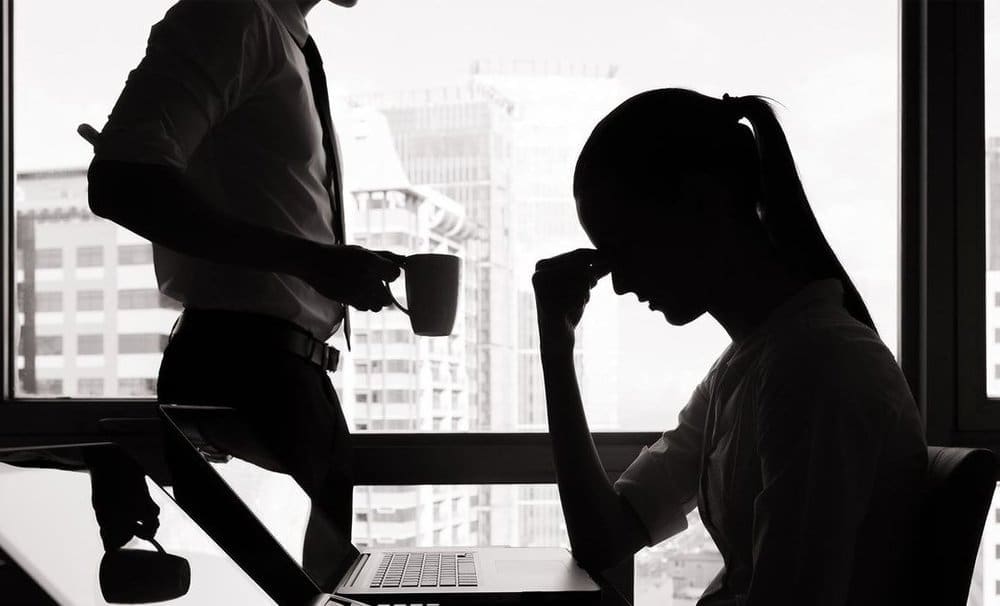A survey conducted by the International Bar Association in late 2018, found that 37 per cent of lawyers in Australia reported sexual harassment as opposed to the global average of 22 per cent.
Why is it that a field that is theoretically built on ethics and upholding of justice finds so many perpetrators and hence, victims within itself?
This can be attributed to a myriad of causes.
Firstly, the power imbalance in many law firms can lead to a fear to report sexual harassment. Senior and equity partners are highly valuable to big law firms, for their revenue. There is then a perception that they are protected by the firm, and are "untouchable", and employees may fear reporting sexual harassment in order to avoid damaging their career.
As the president of the Women Lawyers’ Association of South Australia had found, with male domination at the higher levels of careers in law, there is a culture of gender discrimination which further perpetuates a fear of reporting due to the precedent of discrimination. This male domination in the higher levels of the profession is particularly problematic when considered with the fact that nearly 4 out of 5 harassers were men, with 90 per cent of women and 61 per cent of men saying they were harassed by a man.
However, all is not bleak, with important changes making its way through the legal profession. There is a slight paradigm shift as a result of the #MeToo movement, showing that even powerful men like Harvey Weinstein are not out of reach. While there is a long way to go, this has made an impact on the legal profession. For example, a former partner in a well-known Sydney law firm was dismissed in 2018 after an investigation was launched by the firm following allegations made against him by 3 women. We can see now that even the most powerful members of the firm are not necessarily “untouchable”.
Nevertheless, it is important to know that there is a lot of progress left to be made. Sexual harassment is often manifested as a result of a culture of acceptance towards the predators and shaming of the victims. By trivialising and ignoring objectionable conduct or claiming an inappropriate remark that has caused discomfort to be a joke, a culture of sexual harassment is bred in firms.
Ultimately, it is important to remember that to encourage men and women who are victims of sexual harassment to report, there must be a shift in the culture that is present in the legal industry. A good place to start would be with the Australian Human Rights Commission’s suggestions that include:
- Promotion of gender equality within the organisation through increased women in leadership roles
- An organisational culture with zero tolerance for sexual harassment in all degrees of leadership
- Creation and implementation of a sexual harassment policy that includes confirming that staff know the policy and where to go to report should incidents occur. It should also protect victims from discrimination when they report.
This, along with IBA’s recommendations which include improving avenues for reporting harassment and improving transparency, has the potential to transform the legal workplace into a safer place.
If you have any queries in relation to the issues raised in this article, please do not hesitate to contact us on (02) 8999 9837, or fill out the enquiry box and we will get back to you ASAP.

